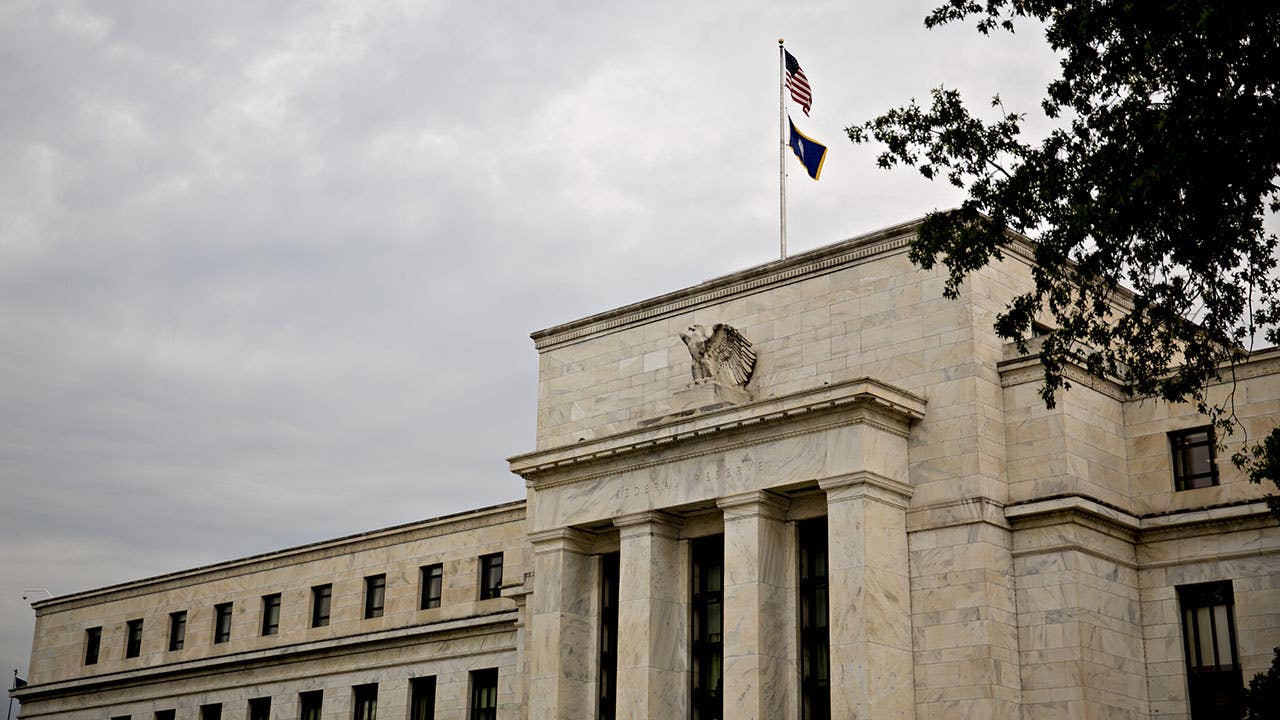Getting a first credit card is easier than it used to be, mostly because there are so many starter credit cards to choose from. Not only are there credit cards for no credit or limited credit history, but there are also dozens of student credit cards and secured credit cards to choose from.
That said, there are several “gotchas” to watch out for. This is mainly because, like it or not, some credit card offers for beginners are downright inferior, either due to their lack of benefits or the carrying costs.
To help you avoid making an unfortunate credit card choice, we’ve highlighted some of the top red flags to look for as you get a credit card for the first time.
1. Excessive or hidden fees
First off, you should do your best to avoid credit cards with hidden fees like application fees, monthly maintenance fees and foreign transaction fees.
The annual fee will be more obvious. Annual fees can be worth it for premium cards that come with tons of perks, but you’re not usually going to find that on a starter credit card. If you’re eyeing a bare-bones card that charges an annual fee, know you have other options. For example, the Discover it® Secured Credit Card doesn’t charge an annual fee or any other hidden fees, yet it is geared to credit newcomers who may not have had access to credit in the past.
2. Exorbitant interest rates
In addition to crazy fees, you’ll also want to look out for excessive interest rates. Many credit cards for bad credit or no credit charge APRs that are a lot higher than the average credit card interest rate of around 17 percent.
Note that most credit cards advertise an APR range — rather than a fixed number — and that the rate you’re assigned after you apply will depend on your creditworthiness. This means, with poor credit or limited credit, your APR will typically be on the high end of that range.
If you do decide to go with a credit card that charges a high APR, you should make a pact to always pay your balance in full no matter what. This could mean using your credit card only for certain types of purchases each month, or using plastic as part of a monthly budget or spending plan.
By paying your credit card bill in full each month, you get the chance to build credit and access credit card perks without having to pay interest for the privilege.
3. Low minimum credit limits
Watch out for beginner cards that come with extremely low credit limits at first, which can include both unsecured and secured credit cards. For example, the Petal® 1 “No Annual Fee” Visa® Credit Card from WebBank uses alternate data to help you get approved, which can be useful for first-time applicants. However, the minimum credit limit starts at just $300, which may be restrictive.
Secured credit cards typically tie your initial credit limit to your security deposit as well, so you could start with a credit limit as low as $200 with a card like the Discover it® Secured Credit Card or the Capital One Platinum Secured Credit Card. It all depends on how much cash you have to put down as collateral.
Having a low credit limit isn’t the end of the world, especially when you’re trying to build credit from scratch. However, you should know if you’ll have a low credit limit right off the bat, so you’re not surprised when the paperwork for your new card arrives in the mail.
4. No path to a higher credit limit
Having a low credit limit at first is one thing, but you should make sure cards you’re considering have a path to get you a higher credit limit over time.
With that in mind, you should look for cards that promise to consider you for a higher limit after six months or eight months of on-time payments. This will give you a way to boost your credit limit over time, even if you have to do some work and prove your creditworthiness upfront.
5. Lack of benefits or rewards
Look for cards that offer some perks or rewards, even when you’re first starting out. You won’t have top-tier rewards rates, but many starter credit cards still offer cash back and other perks.
As an example, someone with no credit could apply for the Capital One Quicksilver Secured Cash Rewards Credit Card, which offers a flat 1.5 percent cash back on all purchases with no annual fee and a security deposit as low as $200.
With a “fair” credit score, or any FICO score from 580 to 669, someone may qualify for the Capital One QuicksilverOne Cash Rewards Credit Card. This unsecured credit card offers the same rewards rate with no security deposit, although a $39 annual fee applies.
6. Store card limitations
Finally, you should be aware of limitations if you’re considering a store card as your first credit card. Retail credit cards may be some of the easiest ones to qualify for, but you can’t always use them broadly for your regular purchases. Some retail cards can be used anywhere, but others are closed-loop, meaning you can only used them at the associated store.
If you want a first credit card that’s co-branded with a specific store or brand of stores, try to choose one that is affiliated with a credit card network like Visa or Mastercard. As an example, see if you can get approved for the Amazon Prime Rewards Visa Signature Card, instead of the Amazon Store Card which can only be used for eligible Amazon.com purchases.
The bottom line
A credit card can be the first step on a credit-building journey that takes you to home ownership, buying your own car and beyond. Just be sure to watch out for common red flags that can make the journey harder. As a first-time applicant, you might think you have to settle for unfavorable terms, but that doesn’t have to be true. The best starter credit cards come with credit-building features, rewards and no annual fees. You just have to do your research.




